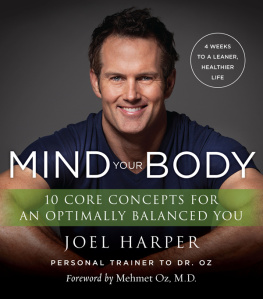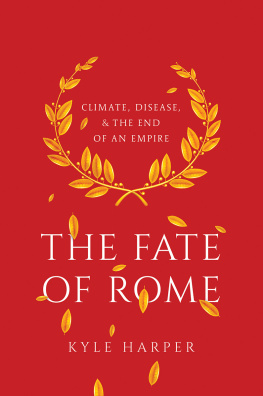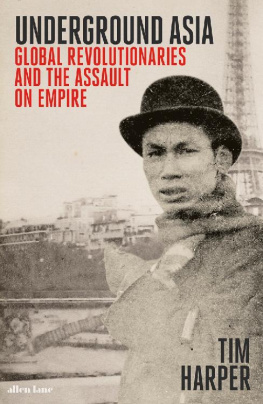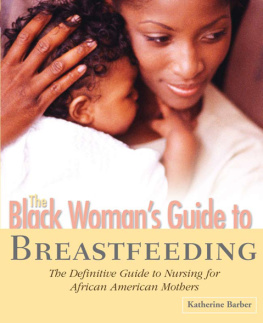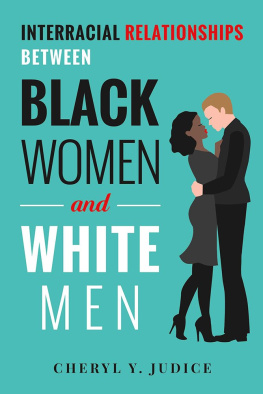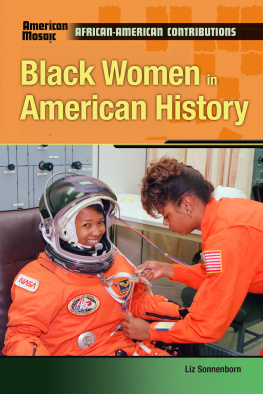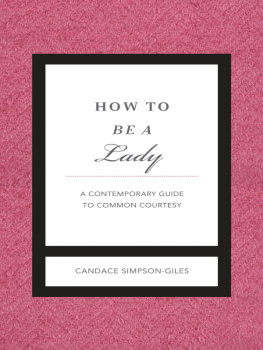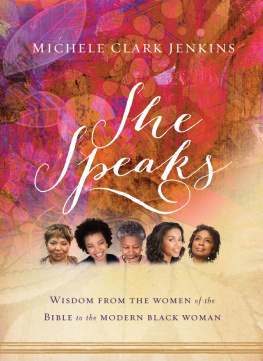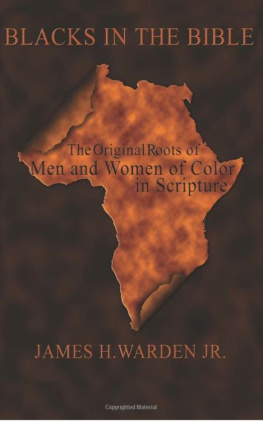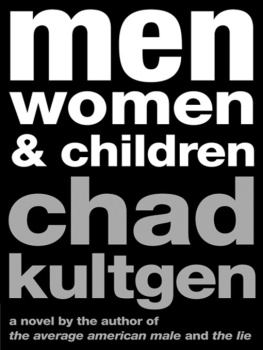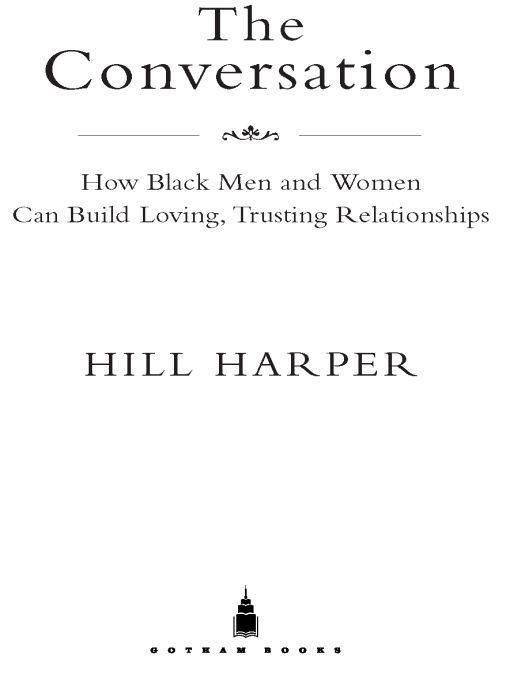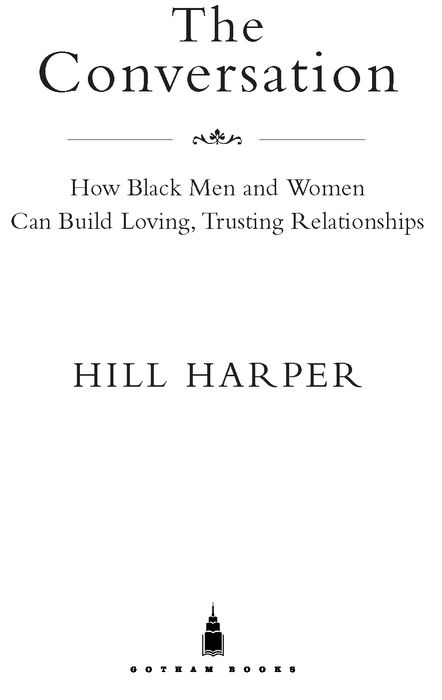Table of Contents
ALSO BY HILL HARPER:
Letters to a Young Brother: MANifest Your Destiny
Letters to a Young Sister: DeFINE Your Destiny
This book is dedicated in loving memory to my grandparents, Eugenia and Harold Hill and Lillie and Harry Harper.
Thank you for showing me what love, happiness, partnership, and family look like. May you rest in blessed peace.
It took 100 years to set Black women and men apart from each other, but it has happened and the question now before us is, What are we willing to do about it?
Susan Taylor, The State of Black America 2008: In the Black Womans Voice
Introduction: The Crisis of Our Shared Destiny
We are all tied together... in a garment of mutual destiny.
Dr. Martin Luther King, Jr., married to Coretta Scott King for fifteen years, until his assassination
I am in no way representing myself as an expert in relationships, but rather as a man on a journey, attempting to figure it all out for myself. This book details a far more personal journey than I have written about in the past. I have been traveling lately through the inner territories of male and female relationships: love, partnership, asking questions about marriage and family. On this journey, I have looked inward, asking the same questions of myself that I am asking of my community.
I have kept a journal for years, but there is a way that the positive feedback of talking beyond yourselfsending a message out into the world in the form of a book and having the response come back to you as a human wave rising up to receive your message and listen and respond to youreally changes your perspective. As I researched this book, I started out with a few things that seemed important to say. I ended up on the receiving end of the well of human wisdom.
Blacks have been harder hit than other communities and ethnic groups by a handful of social, economic, and political problems that have led to a tragic dissolution of our communityand the integrity of our familiesin the past four decades. The statistics are shocking, but you can see it in any Black community in this nation.
Im very concerned about what is happening to the Black family. Im worried by what my community feels like these days. We are regressing. We made huge leaps forward in the sixties and seventies, but somehow we are not holding it together anymore. We are not taking good enough care of one another, and this fact is supported by the divorce rate in our community; the levels of single parenting and fathers not taking care of their babies; and the disproportionate way that drugs and violence afflict our urban communities.
Discussions about the decline of the Black family date back to the 1980s. In fact, in 1985 the National Council of Negro Women (NCNW) instituted their first annual Black Family Reunion Celebration in response to all the negative headlines and talk about the vanishing Black family. Dr. Dorothy Height, the chair of the NCNW, intended for it to be a celebration of the Black familys traditions and values and an affirmation of its resilience. The NCNWs annual Black Family Reunion Celebration continues to draw hundreds of thousands of Black families from around this country and from all walks of life.
As Blacks, we have a proud and strong legacy of family. Historically, when there were obstacles to overcome, we relied on family. When there were victories to be shared, we brought them to our families. When there were wounds to be healed, we opened them up to our families.
Our families and extended families kept us connected to one another and kept us connected to a deeper part of ourselves. I am not saying that every Black family has become disjointed and no longer has a connection to their roots or their legacy. But if we take a look at the data about how few single Black men and women are building long-term relationships and creating two-parent households, the news is sobering. Whether we want to admit it or not, we are bearing witness to the extinction of the Black family. We are in the midst of a crisis.
In 1966, more than 84 percent of all Black children were being raised in two-parent households. In 2006, just forty years later, fewer than 33 percent of all Black children were being raised in two-parent households. Thats a precipitous 51 percent decline. We could blame it on the change in attitudes about marriage over the past forty years, but that still would not explain why, in 2006, more than 80 percent of Asian American children, nearly 75 percent of White American children, and close to 70 percent of Latino American children were being raised in two-parent households.
This book is about me thinking out loud, but plenty of my friendsmen and womenare asking themselves the same questions. These questions run in two directions: We look inward and wonder what we want and try to imagine the life that will make us happy, and we look outward and ask the question, Why is it so difficult? What is happening in my community that has made it so hard for women and men to find their way to each other? Why are there so few folks who manage to hold a marriage together even when they have finally found a person they love? I dont have a clue, but I am filled with the need to know. That is where you come in. I want to advance the dialogue between women and men. I know we can do much better than we have been doing. This book is my effort at raising the bar for us all. I am challenging all of you to ask yourself these questions.
I am going to take you on a journey, and I invite you to come with me as I do some soul-searching on behalf of myself and I hope our community. Now, maybe you will relate and maybe you wont, but I feel that this is an important endeavor. It has to start somewhere, so why not with me? I care enough to start this conversation.
Throughout this journey, Ive been fortunate to connect with a variety of couples from many walks of life, each at different key stages in their relationships. They shared their most private, most intimate, most challenging experiences in the hope that their open discussions would inspire each of us to initiate and begin our own conversations. So with that said, if you dont like some of what you read, please dont shoot the messenger. I am going to be brutally truthful throughout this entire journey we are about to take together.
Now that you have been officially warned about the honesty you can expect, let me back up a bit and share with you how we got here in the first place. One by one, group by group, state by state, e-mail to e-mail, phone call to phone call, lunch to brunch, brunch to dinner, dinner to the club, I have gathered with men and womensome friends and some strangers; some married, some divorced, and some singleand with all of them I have had conversations: intimate conversations, personal conversations, revealing conversations.
My conversation partners have included men and women who trusted me enough to expose private struggles, past pains, emotional vulnerabilities, real concerns, and often unaddressed misunderstandings that continue to plague Black men, Black women, and our relationships. They are not celebrities offering glamorized versions of their relationship successes and struggles, but rather everyday folks in real relationships, doing their best to live truly happy lives. As you will see, some are finding more success achieving that goal than others. Where I fit in that continuum will become very clear as you read on. Unlike the version of the book I first envisionedme gathering information and sharing it with youin this book youll find that my life took an unexpected turn and changed that idea. You see, along the way I started to recognize myself in other peoples stories and struggles and came to understand that like so many others, I am also in my own repetitive cycle.


